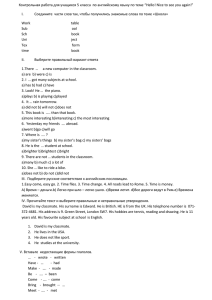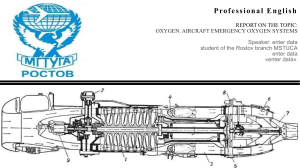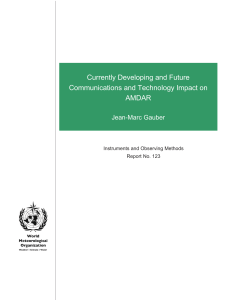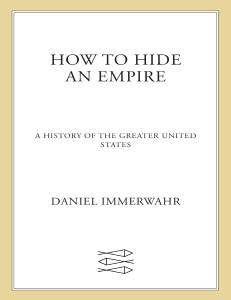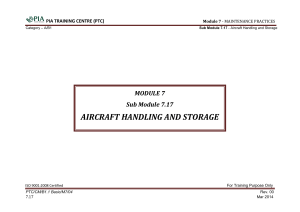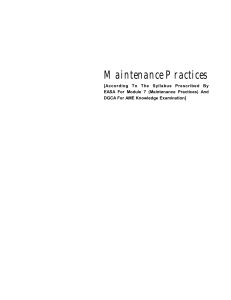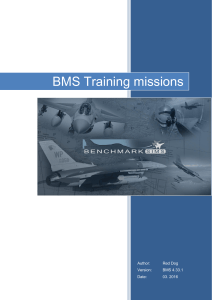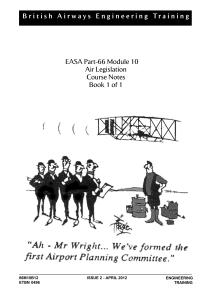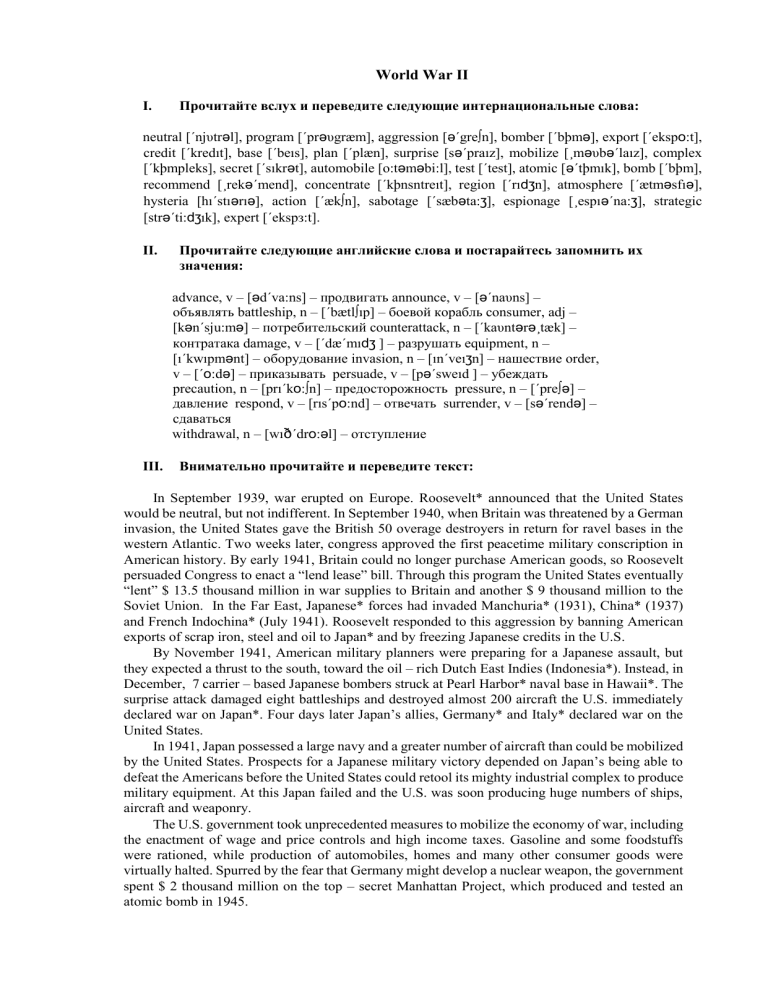
World War II I. Прочитайте вслух и переведите следующие интернациональные слова: neutral [´njυtrəl], program [´prəυgræm], aggression [ə´gre∫n], bomber [´bþmə], export [´ekspo:t], credit [´kredıt], base [´beıs], plan [´plæn], surprise [sə´praız], mobilize [¸məυbə´laız], complex [´kþmpleks], secret [´sıkrət], automobile [o:təməbi:l], test [´test], atomic [ə´tþmık], bomb [´bþm], recommend [¸rekə´mend], concentrate [´kþnsntreıt], region [´rıdʒn], atmosphere [´ætməsfıə], hysteria [hı´stıərıə], action [´æk∫n], sabotage [´sæbəta:ʒ], espionage [¸espıə´na:ʒ], strategic [strə´ti:dʒık], expert [´ekspз:t]. II. Прочитайте следующие английские слова и постарайтесь запомнить их значения: advance, v – [əd´va:ns] – продвигать announce, v – [ə´naυns] – объявлять battleship, n – [´bætl∫ıp] – боевой корабль consumer, adj – [kən´sju:mə] – потребительский counterattack, n – [´kaυntərə¸tæk] – контратака damage, v – [´dæ´mıdʒ ] – разрушать equipment, n – [ı´kwıpmənt] – оборудование invasion, n – [ın´veıʒn] – нашествие order, v – [´o:də] – приказывать persuade, v – [pə´sweıd ] – убеждать precaution, n – [prı´ko:∫n] – предосторожность pressure, n – [´pre∫ə] – давление respond, v – [rıs´po:nd] – отвечать surrender, v – [sə´rendə] – сдаваться withdrawal, n – [wıð´dro:əl] – отступление III. Внимательно прочитайте и переведите текст: In September 1939, war erupted on Europe. Roosevelt* announced that the United States would be neutral, but not indifferent. In September 1940, when Britain was threatened by a German invasion, the United States gave the British 50 overage destroyers in return for ravel bases in the western Atlantic. Two weeks later, congress approved the first peacetime military conscription in American history. By early 1941, Britain could no longer purchase American goods, so Roosevelt persuaded Congress to enact a “lend lease” bill. Through this program the United States eventually “lent” $ 13.5 thousand million in war supplies to Britain and another $ 9 thousand million to the Soviet Union. In the Far East, Japanese* forces had invaded Manchuria* (1931), China* (1937) and French Indochina* (July 1941). Roosevelt responded to this aggression by banning American exports of scrap iron, steel and oil to Japan* and by freezing Japanese credits in the U.S. By November 1941, American military planners were preparing for a Japanese assault, but they expected a thrust to the south, toward the oil – rich Dutch East Indies (Indonesia*). Instead, in December, 7 carrier – based Japanese bombers struck at Pearl Harbor* naval base in Hawaii*. The surprise attack damaged eight battleships and destroyed almost 200 aircraft the U.S. immediately declared war on Japan*. Four days later Japan’s allies, Germany* and Italy* declared war on the United States. In 1941, Japan possessed a large navy and a greater number of aircraft than could be mobilized by the United States. Prospects for a Japanese military victory depended on Japan’s being able to defeat the Americans before the United States could retool its mighty industrial complex to produce military equipment. At this Japan failed and the U.S. was soon producing huge numbers of ships, aircraft and weaponry. The U.S. government took unprecedented measures to mobilize the economy of war, including the enactment of wage and price controls and high income taxes. Gasoline and some foodstuffs were rationed, while production of automobiles, homes and many other consumer goods were virtually halted. Spurred by the fear that Germany might develop a nuclear weapon, the government spent $ 2 thousand million on the top – secret Manhattan Project, which produced and tested an atomic bomb in 1945. American, British and Soviet war planners agreed to concentrate on defeating Germany first. To relieve pressure on the beleaguered. Soviet allies, the American Joint Chiefs of staff recommended an invasion of France* as early as 1948 , but under pressure from British Prime Minister Winston Churchill*, the Allies redirected their efforts toward the Mediterranean*. AngloAmerican forces landed in North Africa* in November 1942 then proceeded to Sicily* and the Indian mainland in 1943 liberating Rome* on June 4, 1944, after months of bitter fighting. Two days later June 6, “D-Day”, allied troops landed in Normandy* in the largest amphibious operation in military history. Paris* was liberated on August 24, and by September, American units were across the German border. In December 1944, however, the Germans launched a ferocious assault in the Ardennes region* of Belgium*. It took a week the Allies to regroup and a month to counterattack and to force a German withdrawal in what became known as the “Battle of the Bulge”. This proved to be the last German offensive of World War Ш. Finally, on April 25, 1945, the western allied forces met advancing Soviet troops at the town of Torquay*, Germany. The Germans surrendered on May 5, 1945. In the Pacific, Japanese armed forces achieved a series of early victories. By May 1942, they had overrun the Philippines* and forced the surrender of 11,500 Americans and Filipinos, who were treated brutally by their captors. In an atmosphere of war hysteria, 110 000 Japanese – Americans living in America’s western states were forced into relocation camps. Government officials justified this action as a precaution against sabotage and espionage, but no Japanese-Americans were convicted of any act disloyalty during the war, and many of them fought bravely in the armed forces. By May 8, 1943, the Japanese threat to Australia* was checked at the Battle of the Coral Sea*. In June the main Japanese fleet steaming toward Hawaii was repulsed at the Battle of Midway, with the loss of four aircraft carriers. American cryptographers wore adept at breaking Japanese codes so the Allies usually knew the stately of the Japanese navy. Over the next three years, American forces advanced toward Japan by “island - hopping”capturing some strategic islands in the Pacific and bypassing others. An Allied force under General Joseph W. Stillwell* aided the Chinese, and troops under General Douglas Mac Arthur returned to the Philippines in October 1944. The central Pacific island of Iwo Jima fill to the Americans in March and Okinawa* in June 1945. From those two islands, B-29 bombers launched devastating raids against Japanese Cities. American forces now prepared to invade the Japanese home island. In the hope of bringing the war to a swift end President Harry Truman* ordered the use of the atomic bomb against. Hiroshima* (August, 6) and Nagasaki* (August, 9). Japan agreed to surrender on August 14. Nearly 200 000 civilians died under attacks, but military experts agree that the casualties Japanese and American would have been far greater if the Allies had been forced to invade Japan. IV. Прочитайте предложения и скажите, верны они или нет: 1) In September 1940, when Britain was threatened by a German invasion, the United States gave the British 50 destroyers in return for ravel bases in the western Atlantic. 2) Roosevelt didn’t respond to German’s aggression. 3) Japanese attack at Pearl Harbor was not a surprise. 4) The American government spent $ 2 thousand million on the secret Manhattan Project, which produced and tested an atomic bomb in 1945. 5) The Germans surrendered on May 5, 1945. 6) In the Pacific, Japanese armed forces achieved a series of early victories. V. Ответьте на вопросы: 1) 2) 3) 4) 5) What did Roosevelt announce in September 1939? Why was a “lend - lease” bill enacted? How many battleships were damaged as a result of the surprise attack? What did the Japanese military victory depend on? What measures were taken by the U.S. government to mobilize economy for war? 6) When did Anglo – American forces land in Africa? 7) When is the “D - Day” observed? What happened on this day? 8) What is the “Battle of the Bulge” – noted for? 9) What victories did Japan achieve by May 1942? 10) Why did the Allies know the strategy of the Japanese navy? 11) Why did President Truman order to use the atomic bomb? VI. Дайте русские эквиваленты следующим выражениям: to possess a large navy and aircraft; to respond to the aggression; to meet advancing Soviet troops; to achieve victories; to take unprecedented measures; nuclear weapon; top-secret project; military planners; to prepare for an assault; to overrun the country; an act of disloyalty; aircraft carriers; devastating raids; to retool an industrial complex; war supplies; a thrust to the South; to advance toward. VII. Дайте английские эквиваленты следующим выражениям: войска высадились в Нормандии; нести тяжелые потери; предосторожность против шпионажа; вооруженные силы; японские военные победы; вторгнуться в страну; ядерное оружие; испытание ядерной бомбы; сосредоточиться; производить военную продукцию; в атмосфере военной истории; позволить себе; военно-морские базы, провозгласить нейтралитет; захватить стратегически важные острова. VIII. Подберите правильное определение к каждому слову: invasion, credit, damage, mobilize, equipment, withdrawal, precaution, expert, announce. 1) 2) 3) 4) 5) 6) 7) 8) 9) IX. the things needed for a particular purpose. make something known, especially by saying it publicly or to an audience. assemble people or things for a particular purpose, especially for war. harm or spoil something. a person with great knowledge or skill in something. attacking and entering a country etc. something done to prevent future trouble or danger. an amount of money in someone’s account at a bank etc. taking back or away; removing. Вставьте в предложение пропущенное слово: persuade, respond, battleship, consumer, pressure, advance, surrender, order, recommend. 1) The work of finding out what kind of goods consumers want, what they are willing to spend and how to …….. them to buy. 2) This means finding out how many potential …………. for the planned merchandise or service there are in this market. 3) The conquerors were greatly impressed by the wealth of the native rulers and the ……… .…culture of the priests. 4) He …………. with a blow. 5) These parts of the mechanism is under a high …………… . 6) There were many ……………. in the sea and the captain preferred to …………. . 7) The director of the school ……………… on this post. 8) The father ………….. his children to stay at home. X. Переведите следующий текст на английский язык: Нападение гитлеровской Германии на СССР изменило военнополитическую расстановку сил в мире. Сделали свой выбор США, стремительно выходившие на передовые позиции во многих отраслях хозяйства и особенно в военно-промышленном производстве. Правительство Франклина Рузвельта заявило о намерении оказать поддержку СССР и другим странам антигитлеровской коалиции всеми имеющимися в его распоряжении средствами. 14 августа 1941 года Рузвельт и Черчилль подписали знаменитую «Атлантическую хартию» – «Программу целей и конкретных действий в борьбе против германского фашизма». К концу 1941 года японцы считали, что ключом к успеху борьбы за контроль над Тихим океаном является уничтожение Перл Харбора, главной американской военно-морской базы на Тихом океане. 7 декабря 1941 года на американские корабли, которых в узкой гавани было около 70, обрушилось примерно 200 японских бомбардировщиков, торпедоносцев и истребителей. Одновременно в бухту ворвались японские подводные лодки. Менее чем через час налет повторили ещё 160 самолётов. Потери американцев были огромны. Название «Перл Харбор» стало таким же символическим, как Сталинград и Курская дуга.
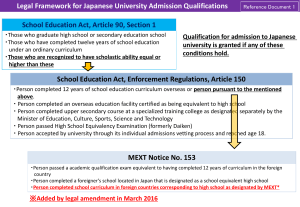

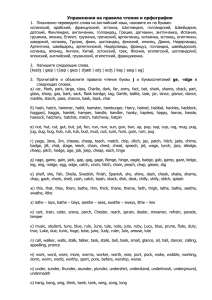
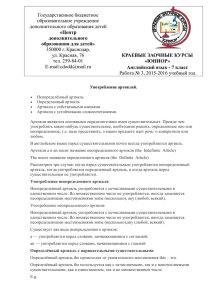
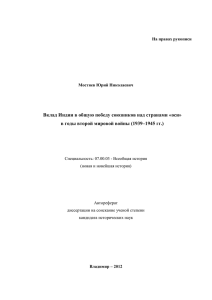
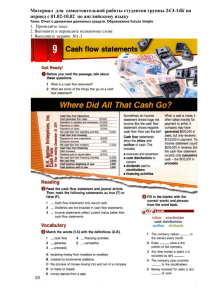
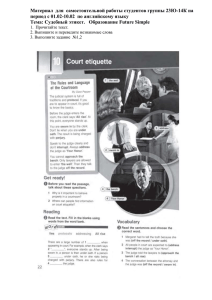
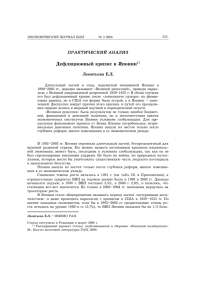
![[A758.Ebook] Download Basic Japanese Grammar Learn The Grammar You Need To Speak Correctly By Everett F Bleiler](http://s1.studylib.ru/store/data/006311309_1-0f5733f158df7490e58cbcdb26d54d15-300x300.png)
